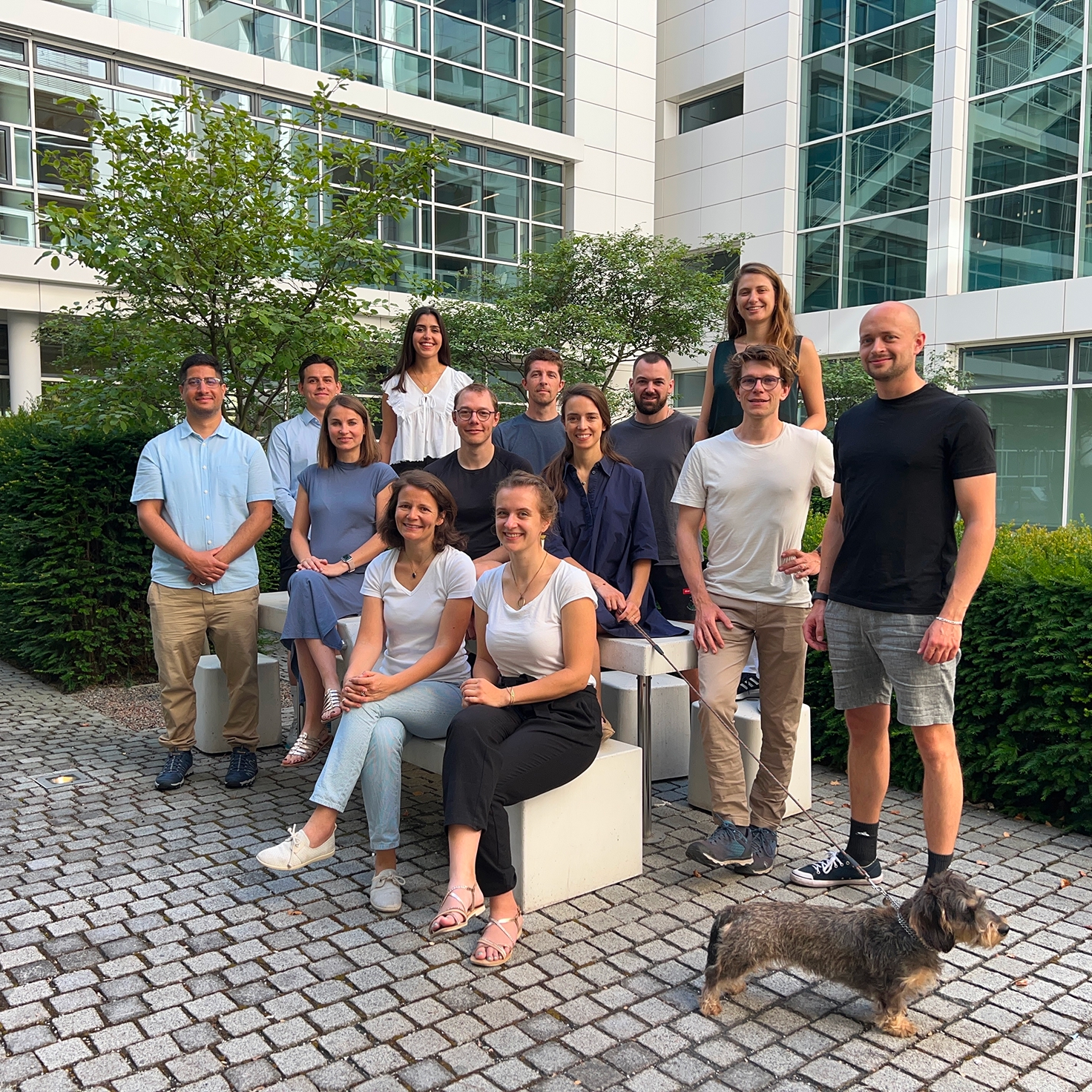
At Atmen, we’re building Europe’s digital backbone for product certification — the data infrastructure that lets energy-intensive industries prove what their products are made of, where they come from, and how they were produced.
From steel and fertilisers to hydrogen and fuels, our platform transforms sustainability from a reporting burden into a source of industrial strength.
Our mission? To enable verifiable, scalable, and trusted certification across complex supply chains — turning compliance into a competitive edge.
Bringing product certification into the 21st century.
We start where the decarbonisation challenge is most urgent — with clean fuels and energy-intensive products — but our platform is built to scale across sectors and borders.
In a world of shifting trade dynamics, energy insecurity, and growing demand for low-carbon goods, traceability is no longer a nice-to-have. It’s essential infrastructure.
Today, proving a product’s origin, carbon intensity, and material composition requires more than paperwork — it requires deep integration with real operational data.
Our platform ingests data straight from industrial processes, replacing scattered spreadsheets and annual audits with continuous monitoring and digital verification.

We’re not just solving for regulation.
We’re building the tools that help Europe stay competitive in the global race for clean industry.
Simple. Scalable. Verified.
Trust Through Technology
Atmen automates product certification at scale, enabling seamless compliance with evolving standards and empowering industries to trade on trust.
Verified Supply Chains
From producers and traders to certifiers and regulators, our system connects everyone involved in verifying product attributes, end-to-end.
From Compliance to Strategy
Certification is just the start. Atmen delivers visibility, modelling, and traceability tools that help companies navigate the energy transition and make better strategic decisions.

Atmen was founded in 2023 by Flore de Durfort, Quentin Cangelosi, and Erika Degoute — three former colleagues at E.ON who saw the same gap: the systems certifying green industrial products were broken. Too slow. Too manual. Too risky for what’s at stake.
What began with clean fuels now spans entire supply chains. Today, Atmen supports industrial sites in 9 countries and partners with leading certification bodies to verify the products Europe needs for a resilient, net-zero future.
We are a team of energy markets specialists, data scientists, developers, designers and product strategists who believe that technology has a key role to play in enabling a greener tomorrow.






